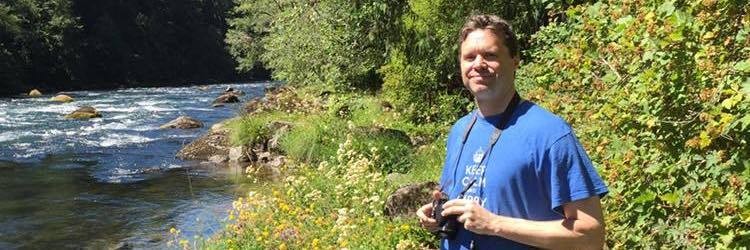
Home: Part of an amazing #Polyfidelitous family (3 adults, 4 kids)
Work: #DataEngineering currently. #WebDevelopment and #DevOps in the past. #Chemistry a long time ago.
Long-time developer of the HYG + AT-HYG star catalogs (https://github.com/astronexus).
I'm also on a more general server, c.im, @dpnash, so if I seem familiar, this is probably why. I post about #Neurodiversity here now and use the other account for other topics.
Both accounts will have cat pictures.
He/him.
This profile is from a federated server and may be incomplete. View on remote instance
